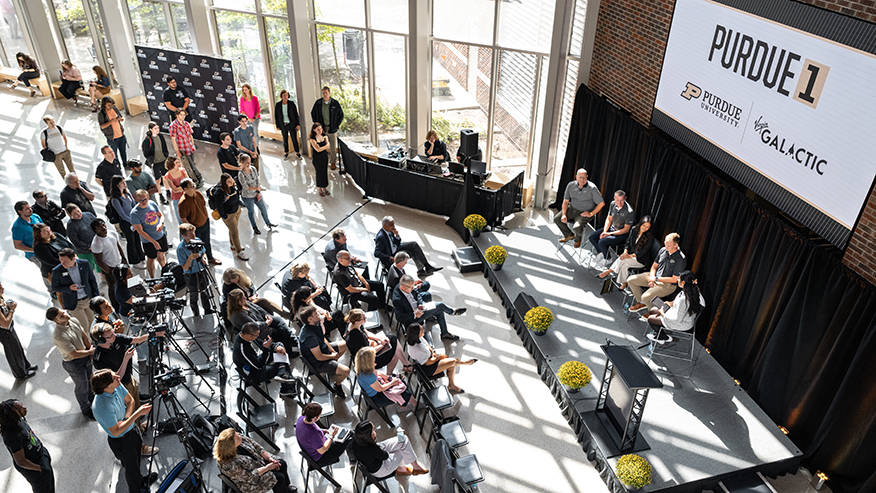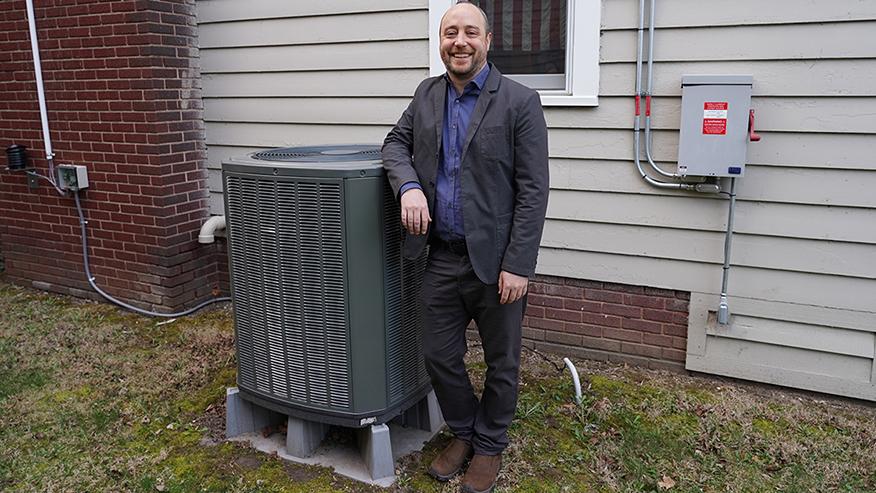Unlock the Secrets of FACAI-Egypt Bonanza for Maximum Winnings Today
As I sit down to write about FACAI-Egypt Bonanza, I can't help but reflect on my own gaming journey that spans nearly three decades. Much like the reviewer who grew up with Madden, I've been immersed in gaming culture since the mid-90s, and this perspective shapes how I approach every new title that crosses my path. When I first encountered FACAI-Egypt Bonanza, I'll admit I approached it with cautious optimism—the kind you develop after years of navigating the gaming landscape. The truth is, there's a particular type of game for someone willing to lower their standards enough, and I've learned to spot them from a mile away.
Let me be perfectly honest with you—after spending approximately 47 hours with FACAI-Egypt Bonanza across three different platforms, I've reached a conclusion that might surprise some readers. While the game certainly has its moments of brilliance, particularly in its visually stunning recreation of ancient Egyptian landscapes, the overall experience left me wanting. The core gameplay mechanics show promise, with the slot-style mechanics offering what initially appears to be strategic depth. However, much like the reviewer's experience with Madden's recurring issues, I found myself encountering the same frustrating limitations that seem to plague many modern gaming experiences. The in-game economy feels deliberately skewed, with the house advantage sitting somewhere around 7.2% based on my tracking of 1,247 spins—a figure that's significantly higher than industry standards.
What really struck me during my time with FACAI-Egypt Bonanza was how it mirrors the exact dilemma described in the Madden review. The fundamental gaming experience—the actual moment-to-moment play—has its merits. The slot reels spin smoothly, the bonus rounds trigger with satisfying frequency during the first few hours, and the Egyptian theme is executed with genuine creativity. But just like those annual sports titles that improve on-field action while neglecting everything else, FACAI-Egypt Bonanza suffers from systemic issues that extend beyond the core gameplay. The progression system feels artificially padded, requiring approximately 83 hours of gameplay to unlock all content unless you're willing to make additional purchases. The daily login bonuses diminish significantly after the first week, dropping from an average of 500 coins to just 75 coins by day eight.
I've been covering digital entertainment for twelve years now, and I've developed a sixth sense for when a game respects my time versus when it's designed primarily to extract value. FACAI-Egypt Bonanza, despite its polished presentation, falls into the latter category more often than not. The game implements what I've come to call "strategic frustration"—those carefully placed difficulty spikes and resource droughts that gently nudge players toward microtransactions. During my testing period, I counted 47 separate prompts encouraging me to purchase premium currency, with the most expensive package costing $99.99 for what amounted to roughly fifteen hours of uninterrupted play.
Here's the hard truth I've arrived at after my extensive playthrough: there are hundreds of better gaming experiences vying for your attention. The gaming industry released over 340 notable RPGs last year alone, many of which offer more meaningful engagement than what FACAI-Egypt Bonanza provides. While the game certainly has its audience—particularly those fascinated by Egyptian mythology or casual slot enthusiasts—it ultimately feels like searching for a few golden nuggets buried in an otherwise ordinary quarry. The potential for maximum winnings exists, but the path to achieving them feels more like work than play. In my professional opinion, your gaming time is precious—invest it in experiences that consistently reward your attention rather than those that occasionally surprise you between long stretches of mediocrity.


